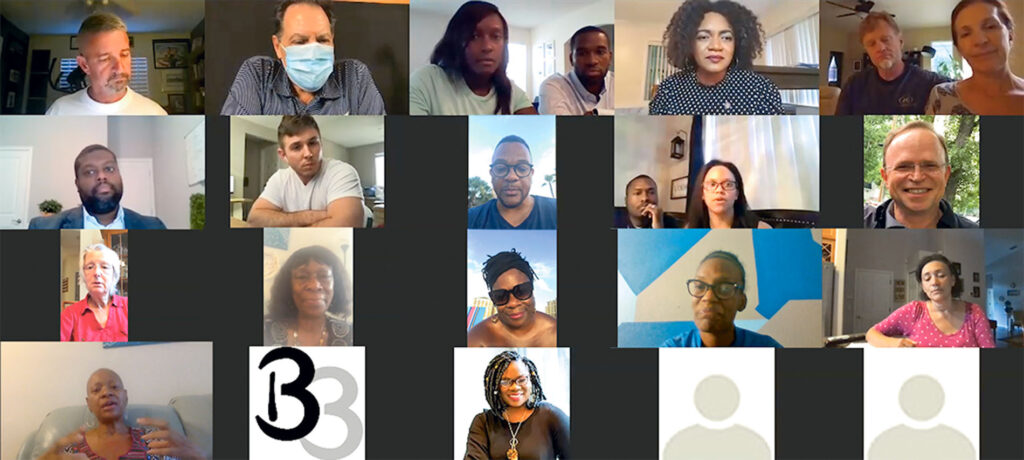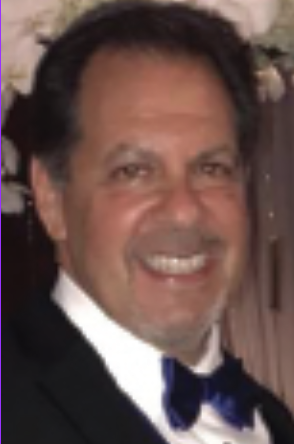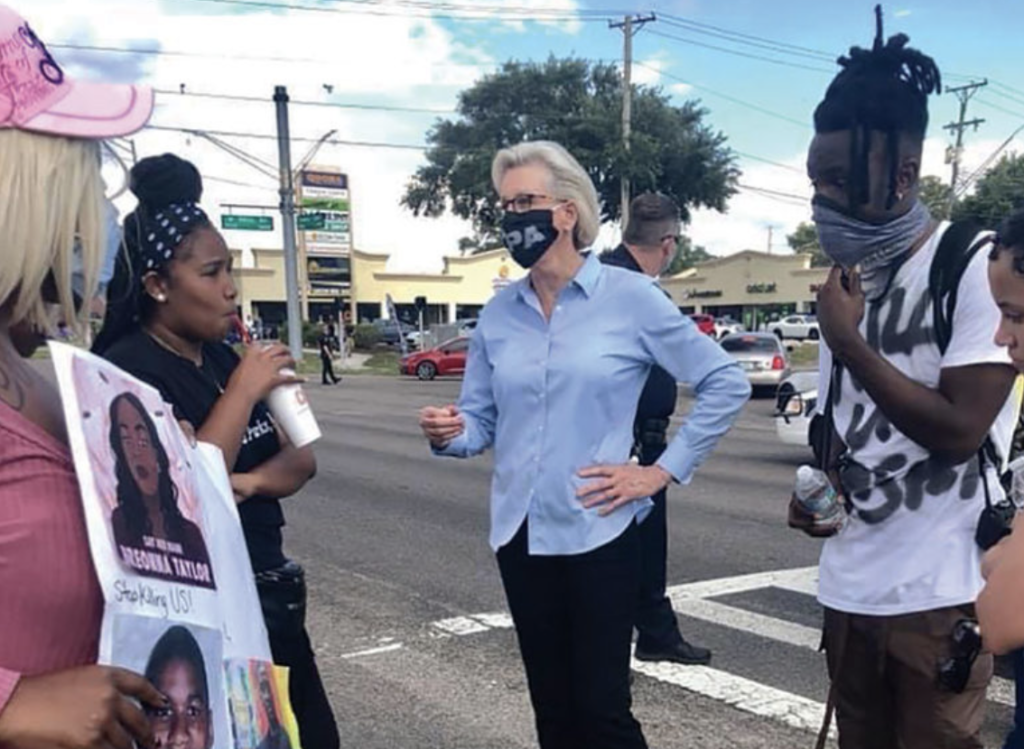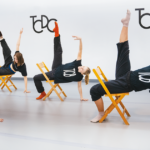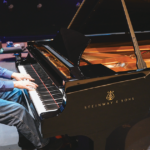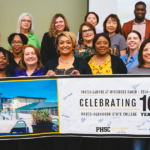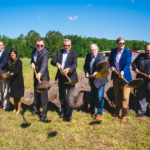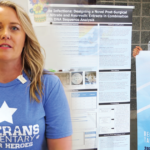So, I certainly didn’t know what to expect when 21 people got together for the first-ever New Tampa and Wesley Chapel Zoom community meeting on racism on August 25, but
For the last few issues, I’ve been writing in this space about how I’ve personally felt about the state of race relations in this country. And now, I feel fortunate
I would be lying if I said I understood how people of color in this country feel every day about being black or brown in America. So while, like most

